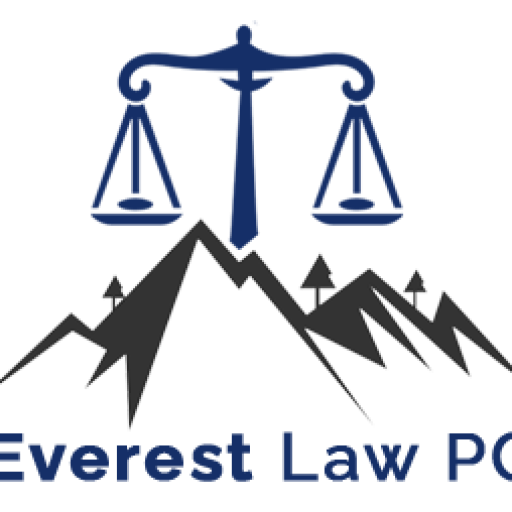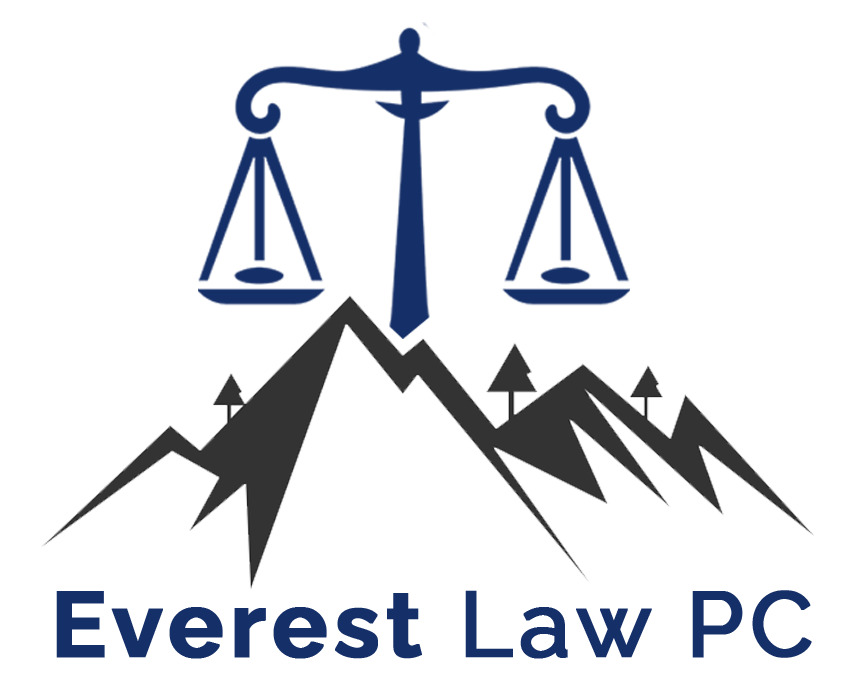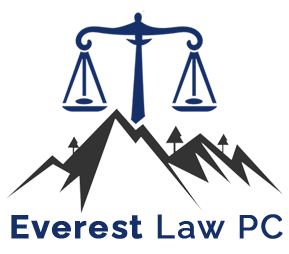FAQ
FDCPA/Everest Law PC COLLECTOR HARASSMENT FAQS
You’ve likely come across the Fair Debt Collection Practices Act (FDCPA), a significant law in our field, aimed at shielding consumers from the harassment, abuse, and mistreatment often inflicted by debt collectors. Under this federal law, if you’re experiencing harassment from a debt collector or bill collector, you possess the right to engage an attorney and pursue legal action against the offending party.
Understanding whether you’re being harassed or abused involves knowing what debt collectors are permitted to do and what actions are strictly prohibited. The FDCPA provides comprehensive guidelines on permissible and forbidden practices. Here are some common violations reported by our clients:
- Contacting you before 8 AM or after 9 PM.
- Persistently calling your workplace despite being informed it’s not allowed.
- Using vulgar or offensive language during communication.
- Continuing to contact you after being notified of legal representation.
- Failing to disclose their status as debt collectors at the outset of a phone call.
- Making false threats of arrest or imprisonment.
- Threatening to disclose your debt issues to friends, neighbors, or family members.
These are just a few examples, as the FDCPA outlines numerous other violations. During your complimentary consultation, our team will go over a checklist with you and address any concerns related to your harassment case.
You have most likely heard of the collection law called the Fair Debt Collection Practices Act, commonly referred to in our business as the FDCPA. This federal collection law (act) protects consumers from bill collector harassment, abuse and mistreatment. If you are being harassed by a Debt collector or bill collector, you have the right to retain an attorney and file a lawsuit against the Debt collector that is harassing you.
How do I know if I am being harassed or abuse? What are the Debt collectors allowed to do, and what is against the rules?
You can find a copy of the entire Fair Debt Collection Practices Act by clicking here: FDCPA
The FDCPA lists pages and pages of violations. Here are some of the more common violations that we hear about from our clients:
- debt collectors calling before 8 AM or after 9 PM
- bill collectors calling a person’s workplace after being told this not permitted
- debt collectors using obscene language
- debt collectors continuing to contact you after being told that you are represented by an attorney
- not telling you that they are debt collectors at the beginning of the telephone call
- threatening you with arrest or imprisonment
- threatening to tell friends/neighbors/family members about your debt problems
Again, there are many more violations listed in the Fair Debt Collection Practices Act. Our staff will review a checklist with you and answer any questions regarding your harassment case during your free consultation.
Proving that you’re experiencing harassment from debt collectors can be facilitated through meticulous documentation. We’ll equip you with a comprehensive packet containing all the necessary tools to effectively document instances of harassment. Here’s what you’ll receive:
-
Debt Collector Call Log: This log allows you to record essential information during each harassing telephone call you receive from debt collectors.
-
Envelopes for Correspondence: You’ll receive large envelopes to store all correspondence received from debt collectors, ensuring you have a record of every communication.
-
24-Hour Hotline: We’ll provide you with a dedicated hotline number accessible 24/7. You can use this hotline to report new instances of harassment and abuse and receive guidance on how to address them effectively.
-
Personal Contact: You’ll have a designated contact person at Everest Law PC Group to discuss your case with as it progresses. This individual will provide you with support and guidance throughout the process.
With these tools at your disposal, you’ll be well-equipped to document instances of harassment and build a strong case against debt collectors who violate your rights.
Believe it or not, most of our clients who are being abused or harassed by bill collectors never set foot in the courtroom. Often, when the executives at a Everest Law PC collection company are made aware by Everest Law PC that one or more of their staff members has been harassing and abusing a consumer, and that the consumer has the documentation to prove their claim, the Debt collector will settle the case out of court. However, there is a chance that your case will go to trial before a jury, with Everest Law PC by your side in the courtroom, presenting your case.

Everest Law PC
- Office Phone: (800) 738-5009
- Email: service@everestlawpc.com


